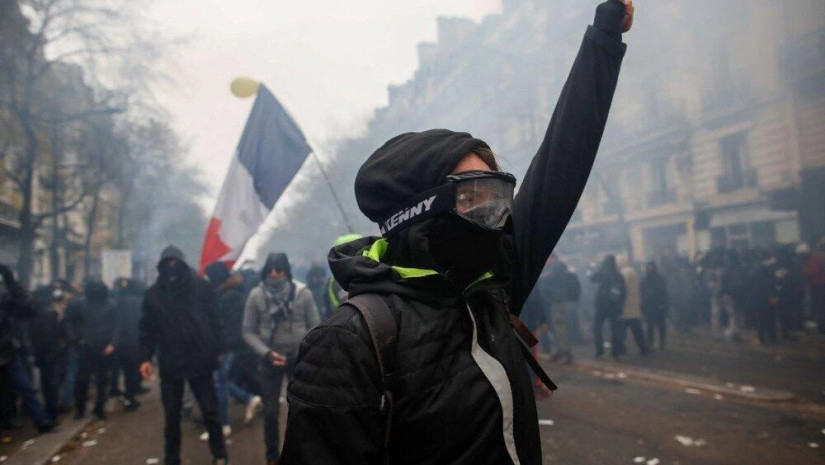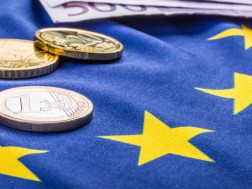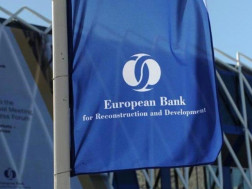Industries across France went on strike Tuesday to push for pay hikes that keep up with rising inflation, ramping up the clash between workers and the government after weeks of walkouts that hobbled oil refineries and sparked gasoline shortages around the country.
“It’s time to go back to work,” French Prime Minister Elisabeth Borne said Tuesday about people on strike in the French refineries of oil giant TotalEnergies.
Rail and other transportation workers, trucking and bus companies, some high school teachers and public hospital employees have heeded a call by an oil workers’ union for French industry to push for salary increases and protest government intervention in the refinery strikes. Thousands also took to the streets Sunday to march against rising prices.
Taxi driver Mohamed Mahrouk said he was fed up with both the strikers and the government for failing to reach a deal to end the fuel disruptions.
“It’s been two weeks,” Mahrouk said while queuing for fuel at a Paris gas station. “It’s starting to be too long now … a solution needs to be found.”
Meanwhile, just one in two trains were running Tuesday in the southern region rail network, causing delays during morning rush hour. There were reports of disruptions on high-speed trains in the north, as well as on the Eurostar and the inter-city trains linking France with Spain.
Similar protests have erupted around Europe in recent months as people complain about the impact of inflation, causing disruptions like canceled flights and trains. Thousands protested in Prague twice last month partly about high energy prices, airline workers have gone on strike in places like Germany and Sweden for higher pay as inflation rises. In the U.K.,everyone from nurses to rail employees have walked off the job to demand their wages keep pace with the rising cost of living.
Tuesday’s protests in France come after the left-wing CGT union rejected a deal over a pay increase that oil giant TotalEnergies struck with two other unions Friday. The CFDT and CFE-CGC unions, which together represent a majority of the group’s French workers, agreed to a 7% pay rise and a financial bonus.
Strikers demanded higher wages from the windfall profits of energy companies that have seen high oil and gas prices as Russia’s war in Ukraine aggravates an energy crisis.
But the CGT rejected the deal, holding out for a 10% pay rise and called for continuing the protests.
Long lines of cars have been seen for weeks across France as drivers waited — sometimes for hours — to fill up. Many gas stations have temporarily closed while awaiting deliveries.
French President Emmanuel Macron’s government is losing patience with strikers, who have gathered support by his political rivals on the left.
Borne, speaking Tuesday at the National Assembly, said “negotiations led to the signature of agreements” with majority unions both at TotalEnergies and ExxonMobil’s French branch Esso, where workers ended their strike last week.
“Therefore, it is not acceptable that a minority continues to block the country,” she said.
Borne said about 25% of France’s gas stations are experiencing temporary shortages.
She noted a “clear improvement” of the situation in northern France, where 18.5% of gas stations are now disrupted, down from 55% last week. She said the situation also improved in the Paris region over the past 24 hours.
Samba Cissé, who works as a courier, drove to Paris on Tuesday from a suburb in search of gas.
“I need petrol to be able to work, it’s as simple as that,” Cissé said.
Inflation has risen around the world as economies rebounded from the COVID-19 pandemic and then got worse as Russia’s invasion of Ukraine sent food and fuel prices soaring.
French inflation has hit 6.2%, which is the lowest among the 19 countries that use the euro currency, according to the European Union’s statistics agency Eurostat. In comparison, Estonia saw consumer prices soar 24% last month from a year earlier, while the Netherlands’ rate was 17% and the eurozone as a whole was 10%, AP reports.
















